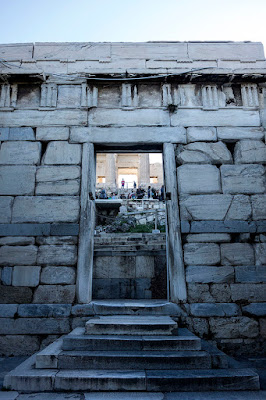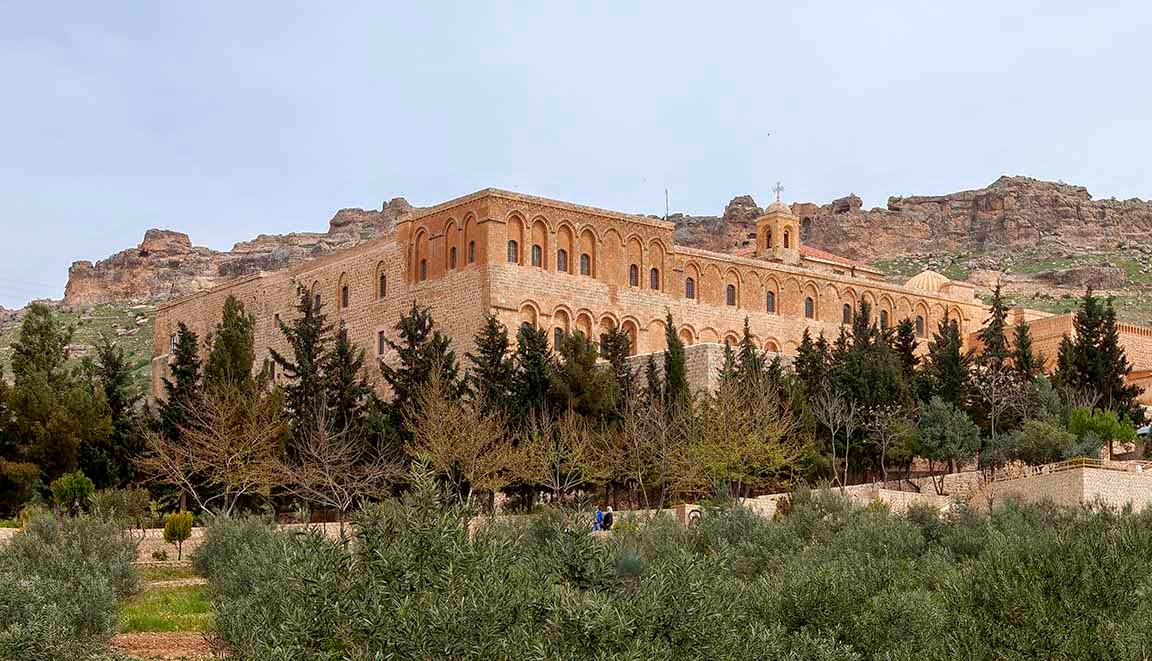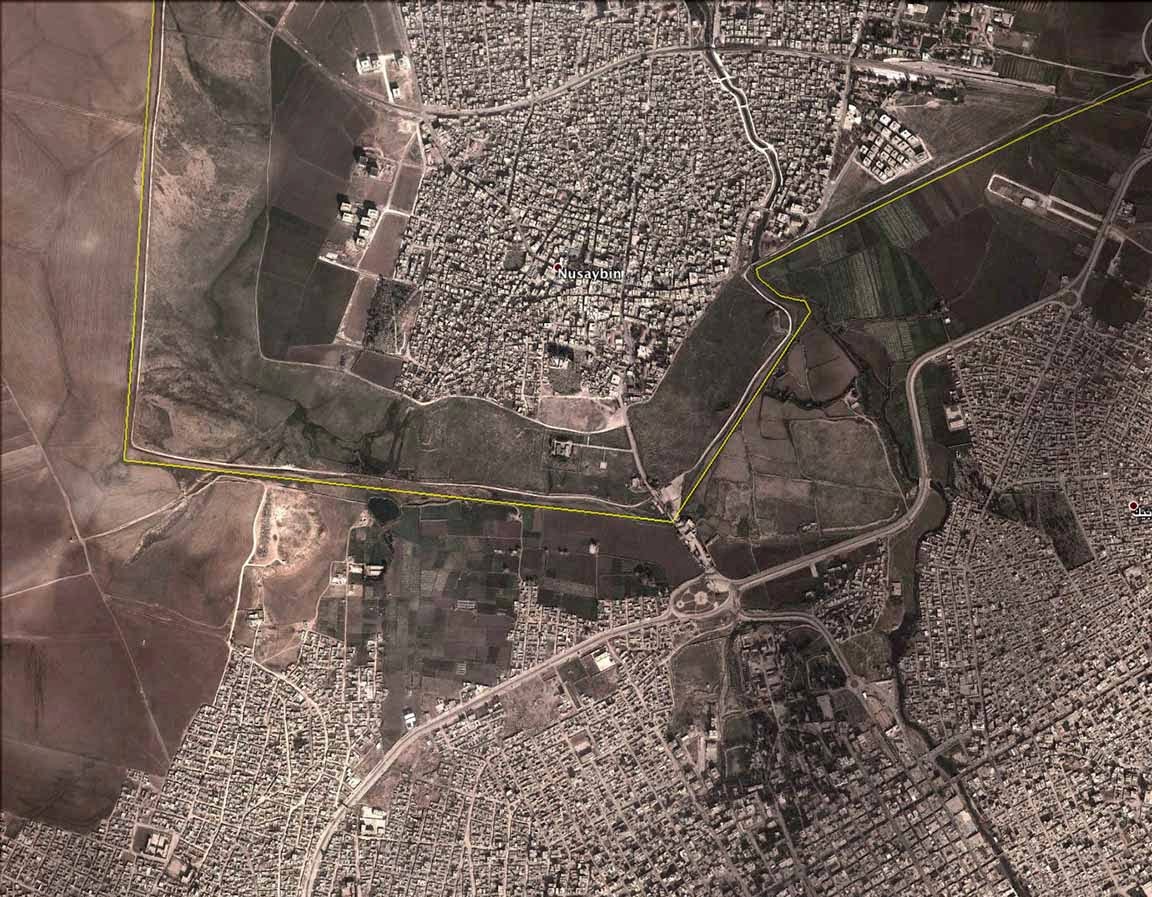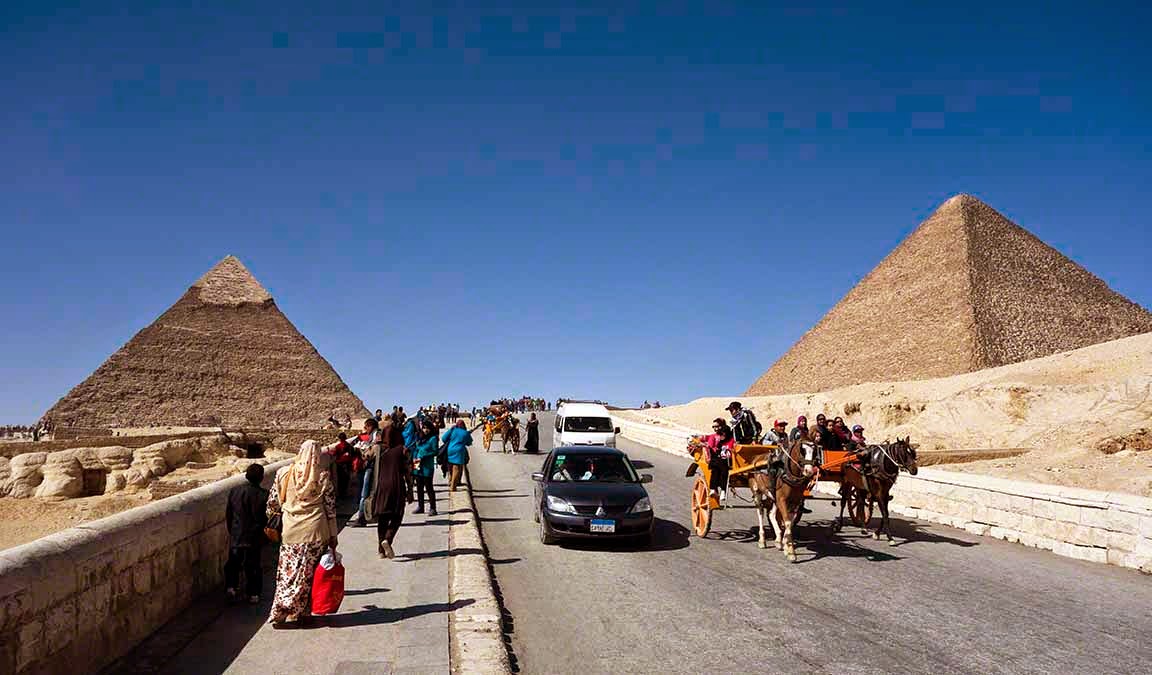Greece | Athens | Areopagus | Apostle Paul
From the Summit Of The Acropolis I descended the slope through the Beulé Gate, built into a wall around the Acropolis apparently dating to the 280s B.C. This is the way most visitors access the Acropolis. I had entered via the less used Southern Gate.
The Beulé Gate (click on photos for enlargements)
Just below here a low saddle leads west to a 377-foot hill known as the Areopagus. In very ancient times a council of nobles used to meet here to discuss affairs of state. Courts also held sessions here. In the 480s B.C., after the rise of democracy the nobles began to meet elsewhere, but murder and treason trials were held here for several more centuries. As I was climbing to the top of Areopagus I caught the distinctive smell of marijuana smoke. Arriving at the top, I encountered three Greek teenagers smoking a spliff which would have made Snoop Dogg proud.
The Areopagus is perhaps best known as the site where the Apostle Paul, he of Road to Damascus fame, gave one of his famous sermons. Before coming to Athens I had been in Paphos, on Cyprus Island, where I had seen Paul’s Pillar, the stone pillar which according to legend he had been tied to while being whipped by locals who took exception to his attempts to spread the teachings of Jesus of Nazareth. After leaving Cyprus Paul traveled on to what is now Turkey and Greece, eventually ending up here in Athens. The episode is recounted in the New Testament, Acts 17:
The Areopagus is perhaps best known as the site where the Apostle Paul, he of Road to Damascus fame, gave one of his famous sermons. Before coming to Athens I had been in Paphos, on Cyprus Island, where I had seen Paul’s Pillar, the stone pillar which according to legend he had been tied to while being whipped by locals who took exception to his attempts to spread the teachings of Jesus of Nazareth. After leaving Cyprus Paul traveled on to what is now Turkey and Greece, eventually ending up here in Athens. The episode is recounted in the New Testament, Acts 17:
Now while Paul was [in] Athens, his spirit was provoked within him as he saw that the city was full of idols. So he reasoned in the synagogue with the Jews and the devout persons, and in the marketplace every day with those who happened to be there. Some of the Epicurean and Stoic Philosophers also conversed with him. And some said, “What does this babbler wish to say?” Others said, “He seems to be a preacher of foreign divinities”—because he was preaching of Jesus and the resurrection. And they took him and brought him to the Areopagus, saying, “May we know what this n new teaching is that you are presenting? For you bring some strange things to our ears. We wish to know therefore what these things mean.” Now all the Athenians and the foreigners who lived there would spend their time in nothing except telling or hearing something new. So Paul, standing in the midst of the Areopagus, said: “Men of Athens, I perceive that in every way you are very religious. For as I passed along and observed the objects of your worship, I found also an altar with this inscription, “To the unknown god.” What therefore you worship as unknown, this I proclaim to you. The God who made the world and everything in it, being Lord of heaven and earth, does not live in temples made by man, nor is he served by human hands, as though he needed anything, since he himself gives to all mankind life and breath and everything. And he made from one man every nation of mankind to live on all the face of the earth, having determined allotted periods and the boundaries of their dwelling place, that they should seek God, and perhaps feel their way toward him and find him. Yet he is actually not far from each one of us, for “‘In him we live and move and have our being’; as even some of your own poets have said, “‘For we are indeed his offspring.’ Being then God’s offspring, we ought not to think that the divine being is like gold or silver or stone, an image formed by the art and imagination of man. The times of ignorance God overlooked, but now he commands all people everywhere to repent, because he has fixed a day on which he will judge the world in righteousness by a man whom he has appointed; and of this he has given assurance to all by raising him from the dead.” Now when they heard of the resurrection of the dead, some mocked. But others said, “We will hear you again about this. So Paul went out from their midst. But some men joined him and believed, among whom also were Dionysius the Areopagite and a woman named Damaris and others with them.
The Agora, or Marketplace, as seen from the Areopagus Hill. It is now a park littered with archeological ruins. The Agora is where Paul started haranguing the locals, including Stoics, when he first arrived in Athens.
Areopagus Hill to the left. The plaque in the stone wall to the right has the text of Paul’s harangue on the summit.
Detail of the plaque. It repeats the text of Paul’ philippic quoted above from Acts.
Greek teenagers smoking pot on the spot where Paul once pontificated. The ancient chthonic Gods of Greece are on the rise!







